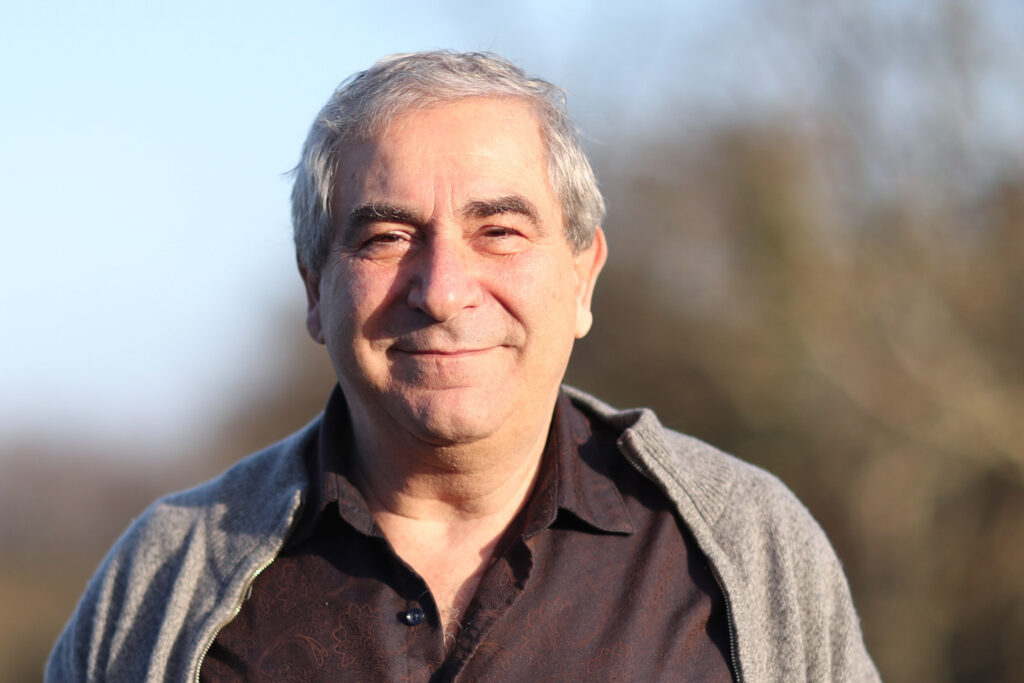The brainers

Francis Albarède – Geochemist
Francis Albarède studied natural sciences at the University of Montpellier in the 1960s. In 1972, he defended a post-graduate thesis in geochemistry (directed by Claude Allègre) at the Institut de Physique du Globe de Paris, where he remained for several years as a teacher-researcher. In 1976, he defended a state thesis in isotope geochemistry, then spent two years in the United States. In 1979, he was promoted to professor at the Ecole Nationale Supérieure de Géologie in Nancy, where he remained for 12 years. Finally, in 1991, he joined the Ecole Normale Supérieure in Lyon. Francis Albarède is now an emblematic figure at the ENS. He has been heavily involved in teaching and research at the Lyon Terre Planète Environnement (LGL-TPE) geology laboratory. In the mid-1990s, for example, he helped his laboratory acquire the very first commercial plasma-source multicollection mass spectrometer. Since 2015, he has been Professor Emeritus at ENS Lyon, but is still Associate Professor in the Department of Earth Sciences at Rice University in Texas. In December 2022, he was elected member of the Académie des Sciences, Section des sciences de l’univers.
This brainer takes part in round-table discussions, offers improvisation sessions and the following solo talks:
History of water on terrestrial planets
The geologist looks down and has long thought that oceans are formed from volcanic steam. The astronomer looks up and is convinced that oceans are a gift from the heavens. Water is a magical substance that life cannot do without, but it's not the only one that's fleeting, and we can't talk about the origin of water without mentioning other volatile elements such as carbon, sulfur and zinc. This talk places the origin of terrestrial water in the context of the genesis of the Solar System.
Money and currency from Croesus to Philip II
Since the end of the Bronze Age, mankind has used fragments of silver and gold in crude form as a means of payment. Around 630 B.C., the coins of Croesus, King of Sardis, began to imprint a pattern on these fragments: coinage was born, giving rise not only to the empires of Athens and Persia, but also to democracy. In the age of war elephants and mercenaries, the conflict between Rome and Carthage was also about money. The discovery of silver from Peru and Mexico enabled Europe to emerge from the Middle Ages, China to monetize itself and opened the door to the globalization of trade. The new silver tracers have so much to tell us!